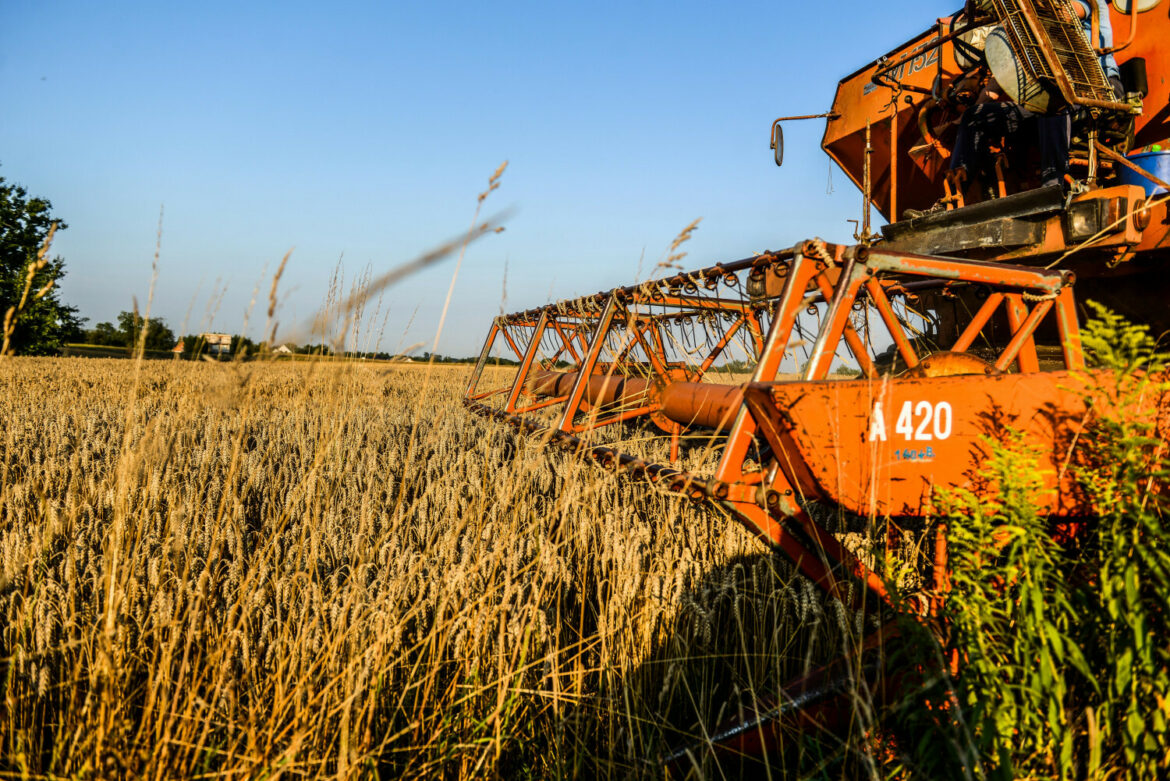According to economists of the Polish Economic Institute (PIE), Poland is self-sufficient in key segments of crop and animal production. The domestic production of grain is almost a fifth larger than consumption. The war in Ukraine is causing a surge in grain prices.
In the crop production, the self-sufficiency rate in the 2019/2020 marketing year was 118% which means that the production was 18% higher than domestic consumption calculated as the sum of production and imports minus exports, adjusted for the change in stocks.
Today, Poland is one of the leaders in the production of cereals in the European Union. In 2021, it gained an 11% share in the entire EU production that placed it in third place among the EU countries.
Poland was also self-sufficient in the production of beef (the indicator in 2020 was 209%), poultry and eggs (over 150%) and sugar and milk (over 125%). In the 2019/2020 economic year, also the production of vegetables, legumes and potatoes was evaluated over 100%.
The Institute’s economists point out that the war in Ukraine is causing a surge in grain prices all over the world. Russia and Ukraine are the two largest exporters of wheat. Quotations on the Paris commodity exchange MATIF show that wheat and corn rose 40% in the first two weeks of the war.
According to the Integrated Agricultural Market Information System, in the first week of March, the purchase price of consumer wheat in Poland was 54% higher than the year before and 96% higher than 2 years earlier. This translated into the prices of flour, and, consequently, also bread, which in February 2022 was by 17% more expensive than in February 2021. With the prices of grain, also the prices of animal fodder are rising. Poland is not self-sufficient in its production.
High prices in world markets may encourage increased exports of Polish grain, which may cause additional tensions in the domestic market. For now, however, there are no signs of an increase in exports.
The economists say that on the contrary, the supply was clearly smaller as farmers refrained from selling. Their conclusions are confirmed by representatives of the Grain and Fodder Chamber. Nevertheless, it is important that the relevant authorities carry out constant monitoring of the situation on the grain market in order to prevent its excessive export.
Arkadiusz Słomczyński





